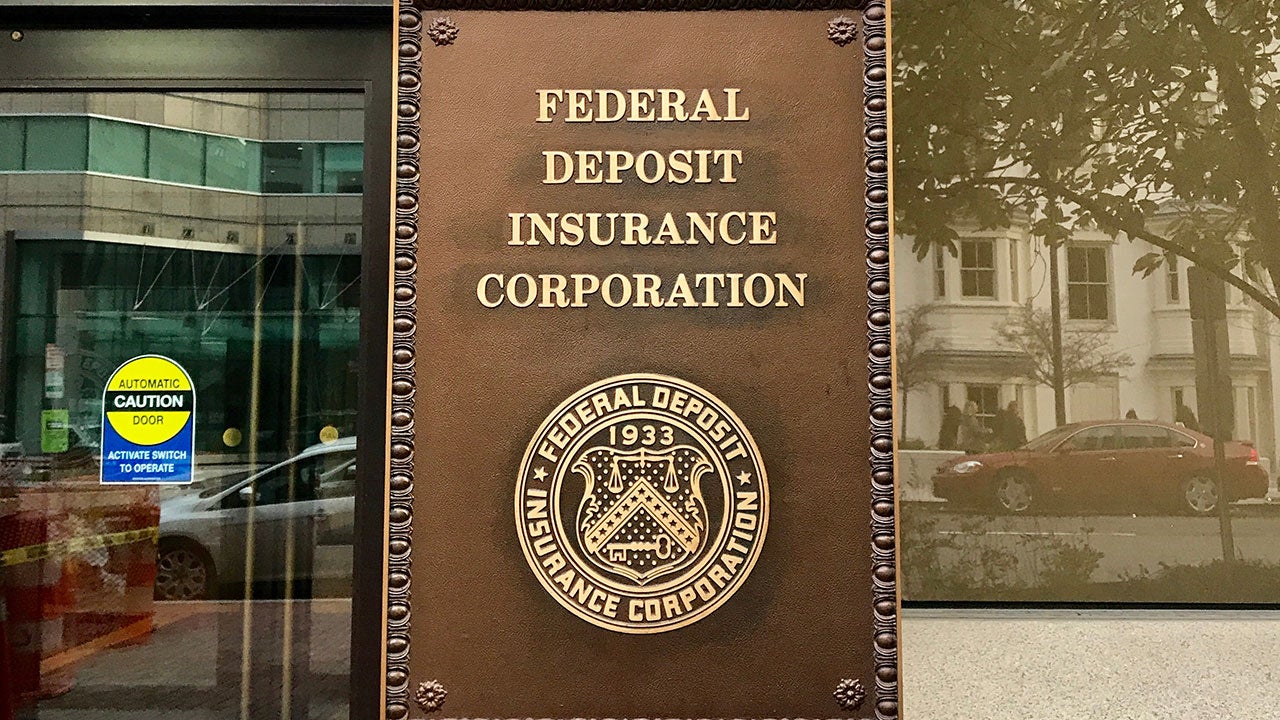What a bank levy is and how it works

During times of financial hardship, it’s not uncommon to fall behind on regular bills and debts you owe. But if you don’t keep up with your payments for long enough, you may experience a bank levy, which is when any funds you have in the bank become “frozen” and unavailable to you.
What is a bank levy?
A bank levy is a legal action that allows a creditor to take money directly from your bank account to satisfy an unpaid debt.
Since the bank is required to freeze the account and surrender funds to fulfill the debt obligation, it is typically seen as a last resort when other attempts to collect from you have failed.
Unlike wage garnishment, where money is deducted from your paycheck before you even see it, a bank levy pulls funds straight from your account.
In most cases, bank levies are put in place by a court order. Before the court will grant a bank levy, the creditor or debt collection agency must sue you in court and win.
How do bank levies work?
Unless the creditor is a government agency that can levy your account without first suing you, there are several steps involved in the levy process.
Step 1: Collection attempts
Before initiating a bank levy, creditors typically try other ways to collect the debt. You might receive phone calls, letters or even settlement offers. If you ignore these attempts or fail to make arrangements, the creditor may escalate the situation by taking legal action.
Step 2: Lawsuit and judgment
In most cases, a creditor must take you to court, sue you for the debt and win a judgment against you. Once they have a court order, they can request a bank levy.
Some entities, such as the IRS or state tax agencies, don’t need a court order — they can initiate a levy on their own. These government agencies may even be able to levy your bank account without a court order — although by law they must give you advance notice.
Step 3: Bank levy
Once the creditor notifies your bank about the levy, the bank is legally required to freeze the amount owed in your account. You may not be able to access your money during this time, and any checks or automatic payments could bounce if the funds are held. After a waiting period (which varies by state), the bank releases the funds to the creditor.
During this gap, you may want to contact an attorney, preferably one who will give you a free consultation on your options, including bankruptcy. You can usually find free or low-cost help by contacting your local bar association or searching the National Legal Aid and Defender Association (NLADA) database.
If you don’t act quickly to dispute the levy or negotiate a settlement, the creditor gets paid, and you’re left with whatever remains in your account — if anything.
What money is exempt from a bank levy?
Not all funds can be subjected to a bank levy. For example, federal law exempts the following funds from bank levies:
- Social Security benefits
- Supplemental Security Income
- Veterans benefits
- Student loan disbursements
- Federal Emergency Management Agency (FEMA) aid
- Federal, civil service or railroad retirement benefits
- Child support payments
Your state laws may require creditors to leave a minimum amount of money in your bank account. After all, you will still need to pay your regular expenses while the levy is placed on your account. Check with your state’s laws to find out if a portion of your funds are protected. For example, Maryland state law requires creditors to leave at least $500 in the levied account.
With IRS levies, you may be able to have your bank levy released if you can prove that the loss of funds is causing “an immediate economic hardship.” However, releasing an IRS bank levy does not mean your debt disappears. It only means that your accounts will be unfrozen and that you will have to make arrangements with the IRS to begin repayment of taxes you owe.
How long do bank levies last?
A bank levy doesn’t just hit once and disappear — it can remain in effect until the debt is fully paid or the levy is lifted. The exact duration depends on the type of debt, the creditor enforcing the levy and your state’s laws.
However, you may be able to negotiate a payment plan with the creditor, dispute the levy in court or prove that the funds in your account are exempt from collection (such as Social Security benefits or disability payments).
If the statute of limitations on the debt expires, the creditor may lose its legal right to collect. If a debt causing a bank levy is old enough, a lawyer may be able to halt the process.
How can you stop a bank levy?
Bank levies are best avoided altogether. However, you can take some steps that may help you stop a bank levy and unfreeze your account:
- Prove that the creditor made an error. Creditors make errors just like anyone else, and a bank levy may have been wrongfully placed on your account. If the debt isn’t yours, the amount is wrong or the debt resulted from identity theft, you can fight the bank levy in court. You may also be reimbursed for bank fees.
- File an exemption claim. Not all funds in your account are eligible for seizure. Certain types of income, like Social Security benefits, disability payments, child support and veterans benefits, are often protected by law. If the money in your account comes from exempt sources, you can file a claim with the bank or the court to stop the levy and get your funds released.
- Negotiate with the creditor. In many cases, creditors prefer to receive payments voluntarily rather than go through the legal hassle of a levy. If you contact them as soon as you learn about the levy, you may be able to negotiate a settlement or set up a payment plan. Some creditors will agree to lift the levy if you commit to making regular payments. For example, the IRS may put you on a payment plan to help you pay back taxes.
- See if the debt is beyond the statute of limitations. If the debt is so old that it’s beyond the statute of limitations in your state, you can dispute the bank levy and have it removed.
- File for bankruptcy. Filing for bankruptcy can be a smart option if you’re overwhelmed with your finances and struggling to get back on track. However, not all debt can be cleared with a bankruptcy filing. A bankruptcy attorney can help you figure out what your options are.
- Stop using your bank account. If a bank levy is in place and the creditor is able to keep withdrawing money, then you may want to stop adding money to the account until the situation is resolved. This won’t stop the bank levy, but it will limit the amount of money creditors can collect from you while you figure out your next steps.
How else can a judgment creditor collect on a debt?
Not all debt-related lawsuits result in a bank levy. Once the court has issued a money judgment, the creditor can use other methods to claim the funds.
Wage garnishment
One of the most common collection methods is wage garnishment, where a portion of your paycheck is automatically deducted and sent to the creditor. This usually requires a court order, but certain debts — such as unpaid taxes, child support and federal student loans — can be garnished without going to court. There are limits on how much can be taken, typically around 25 percent of your disposable income or a lesser amount depending on your earnings.
Liens
A judgment creditor can place a lien on your real estate or other valuable property, such as a car or business assets. This doesn’t take your property away immediately, but it means you may not be able to sell or refinance it without first paying the debt. In some cases, creditors may be able to force the sale of your property to recover what they’re owed.
Seizure of personal property
In rare cases, a creditor can obtain a writ of execution to seize valuable personal property, such as jewelry, electronics or even vehicles, to satisfy the debt. However, many states have exemption laws that protect essential items like clothing, household goods and work tools, as well as nonphysical assets such as retirement accounts, Social Security benefits and disability benefits.
The bottom line
A bank levy can be a harsh wake-up call, but it doesn’t have to wipe out your finances completely. Understanding how levies work, how long they last and what creditors can do to collect a debt is the first step in protecting yourself. If you’re facing a levy, acting quickly can make all the difference — whether that means negotiating with the creditor, filing for exemptions or challenging the levy in court.
If you’re struggling to make payments, consider reaching out to creditors before they take legal action. Setting up a payment plan, settling the debt or even seeking financial or legal guidance can help you stay in control.
If you already have a judgment against you, don’t wait for a bank levy to hit — explore your options now. The sooner you take action, the better your chances of protecting your money and avoiding further financial hardship.
Frequently asked questions
Why we ask for feedback Your feedback helps us improve our content and services. It takes less than a minute to complete.
Your responses are anonymous and will only be used for improving our website.
You may also like







